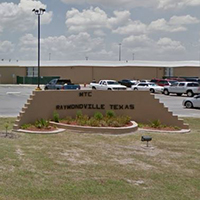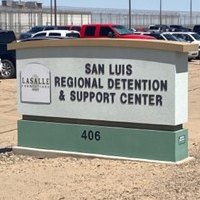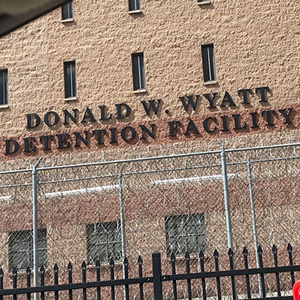Everything You Need to Know About Immigration Bonds. Immigration bonds allow detained individuals to be released while their cases are being processed. In this detailed guide, we will explain immigration bonds, who qualifies for them, how to pay for them, and what happens if the bond conditions are not met.
What is an Immigration Bond?
An immigration bond guarantees the U.S. government that a detained individual will comply with all immigration-related court requirements and appear for scheduled hearings. Once the bond is paid, the individual can be released from custody while their case proceeds. If they meet all the conditions, the bond can be refunded.
Types of Immigration Bonds
There are two main types of immigration bonds:
- Delivery Bond: This bond allows the detainee to be released, provided they attend all court hearings and comply with legal orders. Failure to do so will result in the forfeiture of the bond.
- Voluntary Departure Bond: This bond is issued when a detainee agrees to leave the U.S. voluntarily within a specific timeframe. The bond is refunded once the individual has left the country, but failure to depart results in forfeiture.
Who is Eligible for an Immigration Bond?
Not every detainee qualifies for an immigration bond. Eligibility is determined by the Immigration and Customs Enforcement (ICE) or an immigration judge based on the detainee’s:
- Criminal record
- Risk of flight
- Family and community ties in the U.S.
- Potential threat to public safety
Individuals with serious criminal histories or those deemed likely to evade court appearances may be denied bond.
Steps to Secure an Immigration Bond
- Determining Eligibility
The first step is to assess whether ICE will grant a bond—everything You Need about Immigration Bonds. - Bond Hearing
During this hearing, the detainee’s attorney will present evidence that the individual is not a flight risk or a danger to the community. If the bond is granted, the judge will then decide the amount. - Paying the Bond
Only a U.S. citizen or legal permanent resident can pay the bond. It must be paid in full or by using a bail bonds company like Speedy Immigration Bail Bonds, typically between $1,500 and $25,000, depending on various risk factors. Payments must be made at a designated ICE office. - Release of the Detainee
Once the bond is paid, the detainee will be released, subject to compliance with all legal requirements and court appearances.
What Happens if Bond Conditions Are Violated?
If the individual fails to attend a court hearing or does not comply with the bond conditions, the bond is forfeited, meaning the government keeps the total amount. ICE may also issue a new detention order for the individual.
The Role of an Immigration Attorney
Everything You Need to Know About Immigration Bonds. An attorney can:
- Evaluate the detainee’s eligibility for bond
- Represent the detainee in bond hearings
- Ensure that all legal deadlines and requirements are met
An experienced attorney can also help explore other options for avoiding deportation and keeping families together during the immigration process.
Common Questions About Immigration Bonds
- What if I Can’t Pay the Full Bond Amount?
Several immigration bond agencies offer services to post bond on behalf of the detainee. These agencies typically charge a fee for this service, which varies by agency. - Can I Get the Bond Money Back?
If the individual complies with all court appearances and legal obligations, the bond will be refunded after the case is resolved. However, if the individual fails to comply, the bond is forfeited, and the money is not refunded. - Can I Appeal a Denied Bond Request?
Everything You Need to Know About Immigration Bonds. “Common Questions About Immigration Bonds - What if I Can’t Pay the Full Bond Amount?
If you cannot pay the full bond amount, there are immigration bond agencies, ” Speedy Immigration Bail Bonds,” that can post the bond on your behalf for a fee. - Can I Get the Bond Money Back?
If you attend all court appearances and fulfill your legal obligations, the bond will be refunded after your case is resolved. However, if you fail to comply, the bond is forfeited, and the money is not refunded. - Can I Appeal a Denied Bond Request?
Everything You Need to Know About Immigration Bonds.




































































































